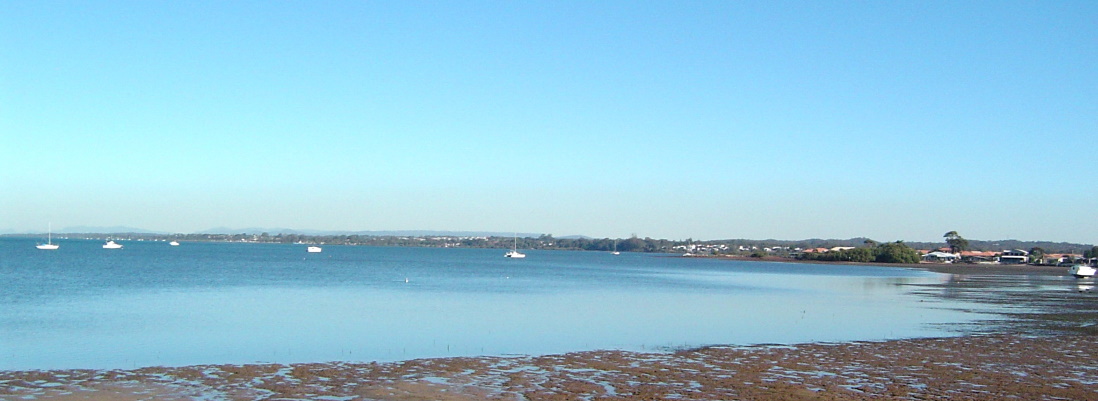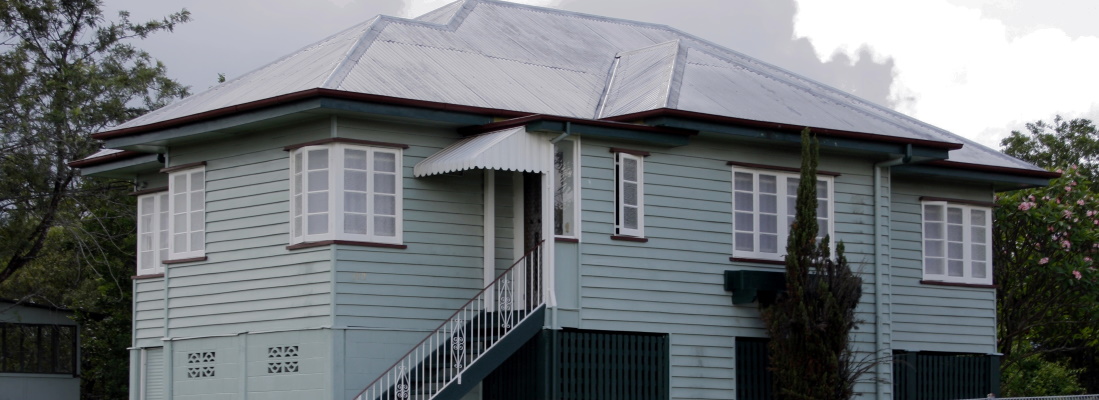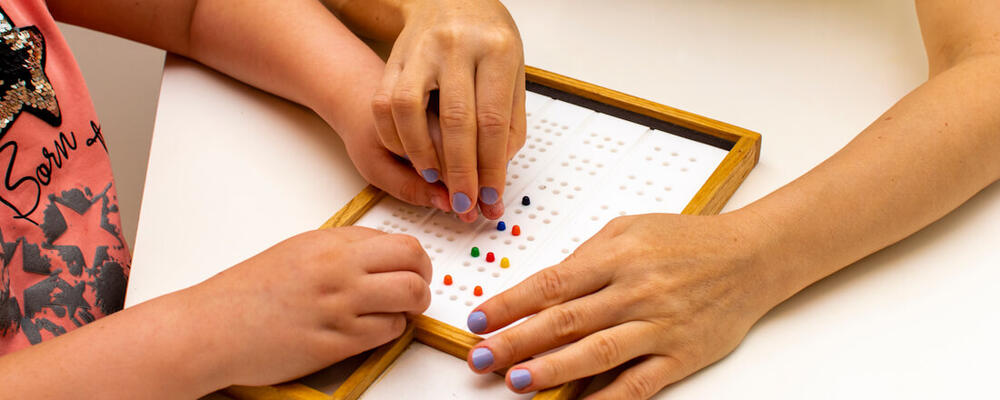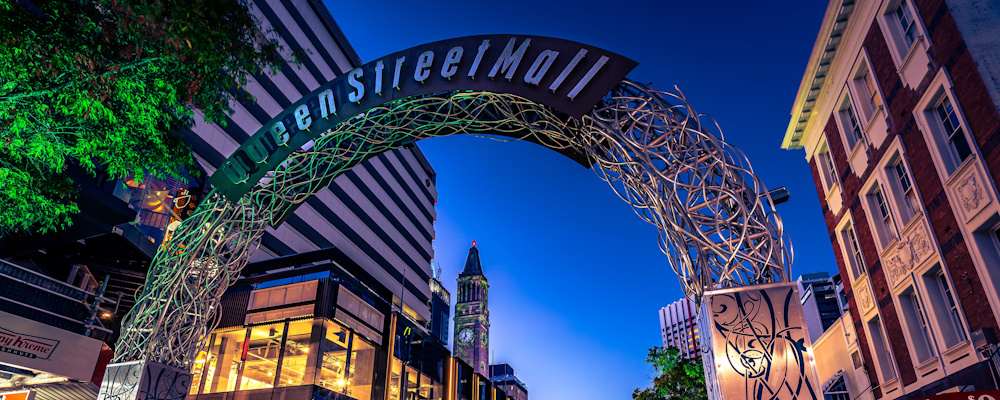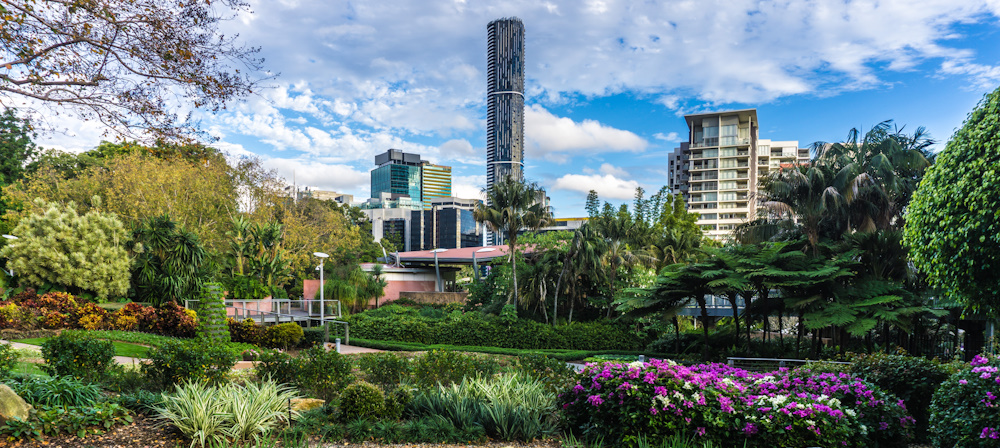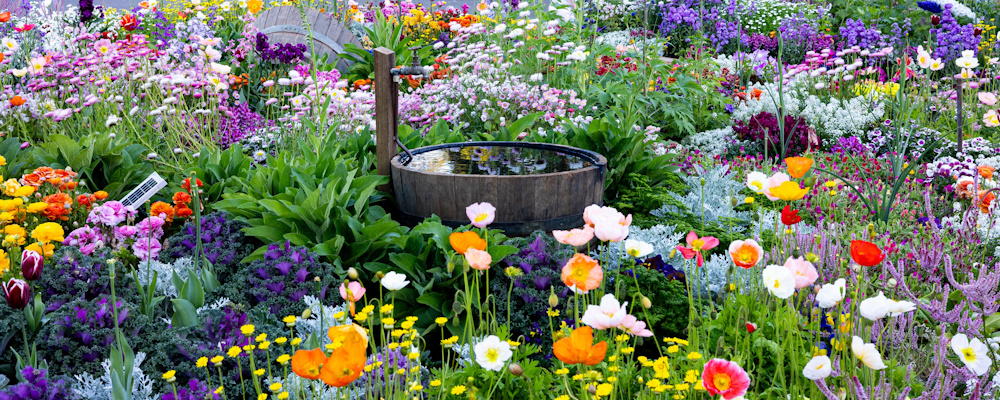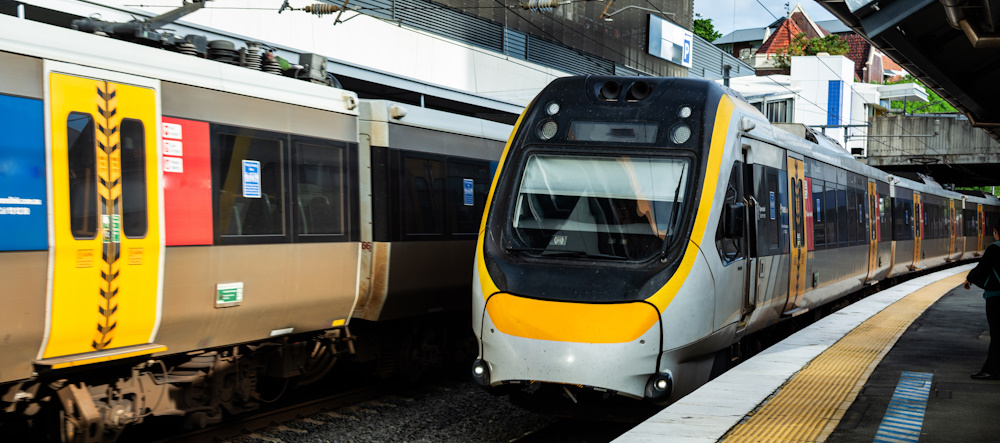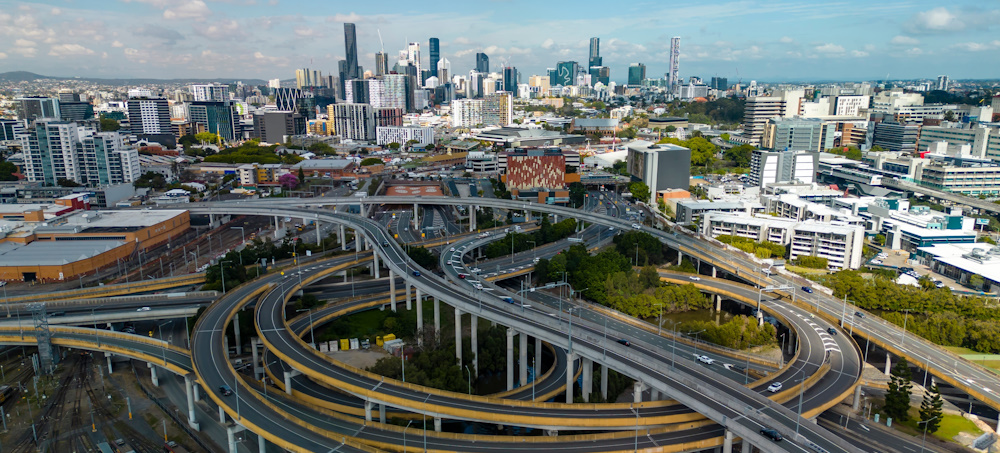Owing to Queensland’s strong economy and abundance of jobs, it is attracting skilled workers from all over the world, particularly to Brisbane, where demand for housing is sky-high as a result.
Expats looking for accommodation can make their task a great deal easier by having a clear, yet somewhat flexible, idea of what they’re looking for in terms of location, price and size.
Areas and suburbs in Brisbane
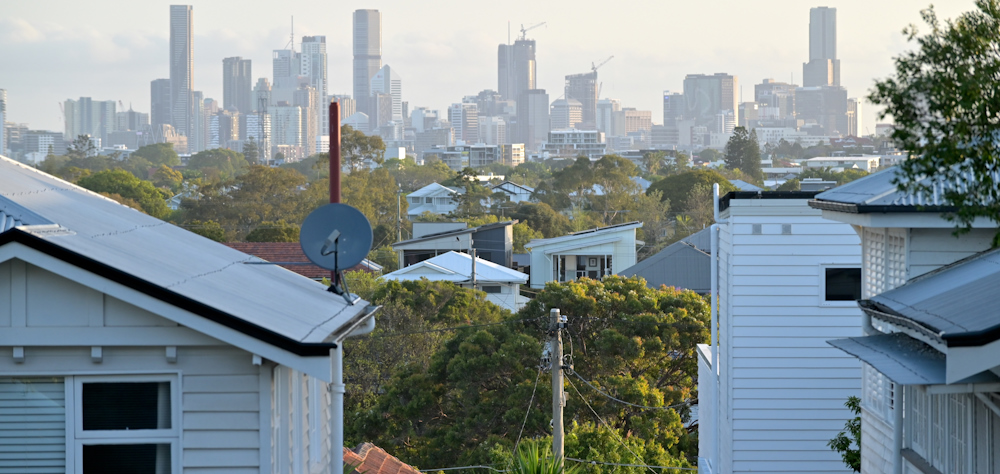
Brisbane has a variety of neighbourhoods for new arrivals to choose from. Whether you’re looking for a taste of city life or to settle down in the suburbs, there’s something for everyone.
Family-oriented expats will find that areas such as Victoria Point and Holland Park have a lot to offer. Both suburbs have great schooling options, plus plenty of parks and other green spaces for kids to play in. Holland Park has the added advantage of being just a ten-minute drive from the city centre, while Victoria Point is slightly further out – around 25 minutes from the centre.
Meanwhile, if you want to be where all the action is, city-centre locations such as Fortitude Valley and New Farm might be just the ticket.
Find out more by reading our guide to Best (and Worst) Areas and Suburbs in Brisbane.
Types of accommodation in Brisbane
There are a few different types of accommodation in Brisbane. The main types of accommodation you can expect to find are apartments (known locally as ‘flats’), units (small modern houses), and traditional ‘Queenslanders’ (one or two-storey weatherboard houses with verandas).
If you’re a student or young professional, it’s worth considering renting a room in a houseshare or flatshare. Although you’ll be sharing common areas such as the kitchen and living room, it’s a great way to meet people and is a fantastic budget-friendly option if you’re just starting out in Brisbane.
Furnished vs unfurnished
The majority of properties are rented unfurnished, meaning you’ll have to consider your options carefully when it comes to shipping personal goods to Brisbane. Even the most expensive rental properties rarely come with large white-label appliances, such as a fridge or washing machine. Having to ship or purchase these items new can be a costly endeavour.
Short lets
Short-term lets are an ideal choice for those who want to get to know the local areas a bit better before embarking on the house hunt. These lets are often in serviced apartments, providing everything you’ll need for day-to-day life while allowing for a longer stay than you’d typically have in a hotel. Short lets are priced somewhere between long-term rentals and hotels, being cheaper than hotels but more expensive than long-term rentals.
Finding accommodation in Brisbane

Newcomers in Brisbane should begin looking for accommodation as soon as possible. It’s best to have short-term housing lined up before arriving in Australia and then to look for something more permanent once in the country.
Due to high demand, city properties are snapped up quickly, and it may take a bit of time to find and get approval to rent the perfect home.
When it comes to house hunting, expats can either go it alone or enlist the help of an agent. Resources such as local newspapers and online property portals can be useful for those searching independently. Alternatively, estate agents can simplify the rental process, as they generally have good knowledge of the city and access to property listings before they go on the open market.
Property viewings in Brisbane are usually at set times and are done in groups. If the house on show is well-priced, you should expect to be viewing it with as many as a dozen other people. To avoid the crowds, go to weekday viewings during working hours rather than after hours or over weekends.
Useful websites
Renting accommodation in Brisbane
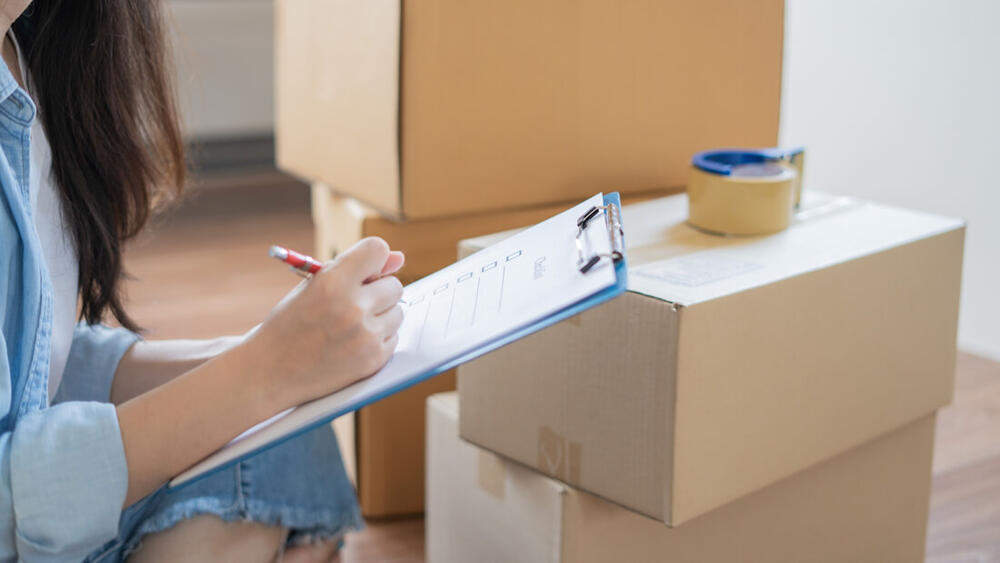
Making an application
To apply for a rental, you’ll need references as well as proof of identity and employment. Bank statements may also be requested, and you may have to pass a credit check to ensure you can afford the rental cost.
Since the market moves fast, expats should research and prepare what they will need ahead of time so they are ready to submit at any moment.
Deposits and bonds
You may be asked for a holding deposit in order to reserve the property while the lease is drawn up and signed. The length of the holding period is negotiated between tenant and landlord. The agreed length should be written on the receipt for the deposit. If no length is specified, the default is 48 hours.
If you decide not to proceed with the lease, you need to inform the landlord before the holding period runs out. In this case, the holding deposit should be refunded within three days.
If you sign the lease, the holding deposit becomes part of the rental bond, which will be held in a secure account. At the end of the lease, the bond covers the cost of any damage to the property beyond normal wear and tear. The bond is usually the equivalent of four weeks’ rent.
Paying rent
Rent for accommodation in Brisbane is payable monthly or fortnightly, and rental listings may list the per-week price rather than the per-month price, so expats should be sure to double-check if a particular figure seems too good to be true.
Useful links
Utilities in Brisbane
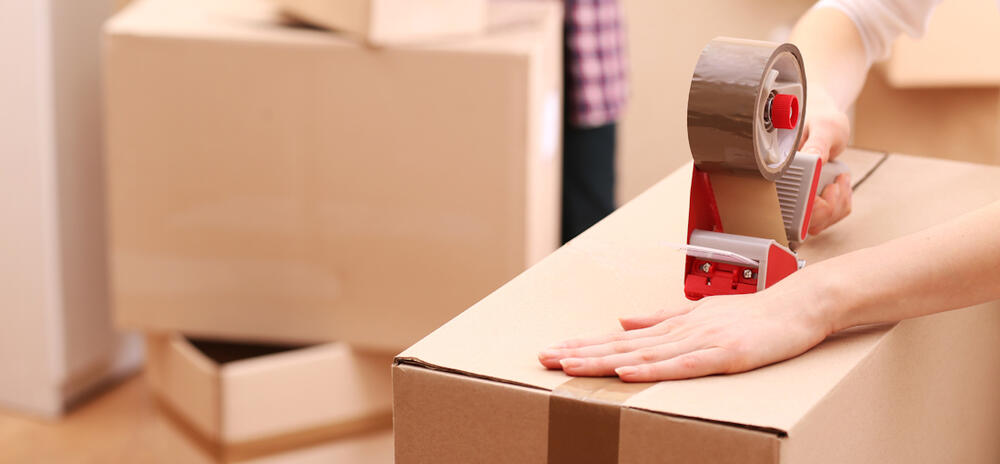
Utility bills are not typically included in the rental price and are the responsibility of the tenant. This extra cost should be factored in when considering how much you can afford to pay for rent.
Utilities that you may need to pay for include:
- Electricity
- Gas
- Water
- Internet
- Telephone
Read on to find out more about utility providers in Brisbane and how to go about getting set up for the various services you’ll require.
Electricity, gas and water
Electricity and gas charges may either be paid directly to the company supplying the service or to the property manager. If you pay directly, the service will be in your name, while if you pay through the property manager, the service will remain in their name. Note that the property manager is not allowed to ask you to pay more than the service provider has charged them for your usage.
Major electricity providers in Brisbane include Red Energy, Alinta Energy, EnergyAustralia, Origin Energy and AGL. You can use a comparison website to check that you’re getting the best deal on your electricity. If you find a better deal, it may be possible to switch providers.
Depending on where in Brisbane you are located, gas may be supplied either by Australian Gas Networks or Allgas Energy.
Water in Brisbane is provided by Urban Utilities. The cost of water is often included in rental payments. However, if your home is individually metered, you may be charged for water. Check whether this is the case before moving in.
Internet
The internet may not be automatically connected when you move into a new place. In this case, you must either contact a service provider to put in a connection line or – if there is already a connection line – have the service connected. Permission is needed from the property owner if you wish to have a new line put in.
Popular ISPs in Brisbane include NBN, Aussie Broadband, Superloop, SpinTel and Exetel.
Useful links




